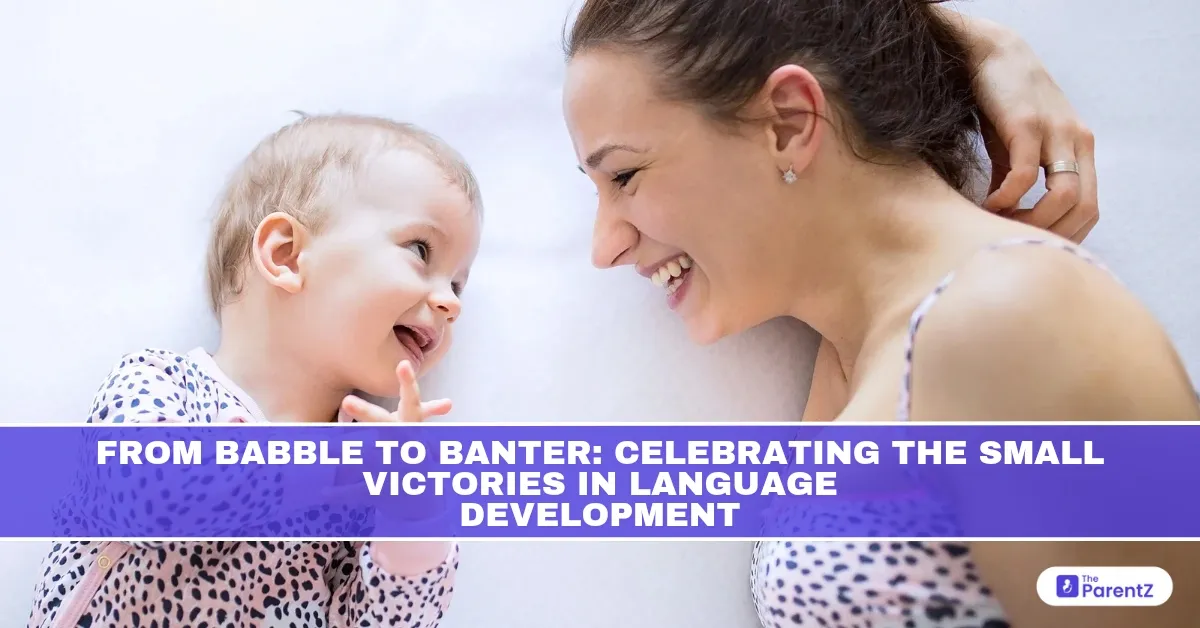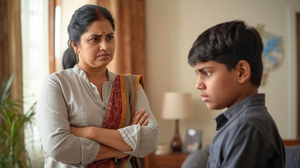This Is Something Every Parent Should Be Aware Of
Hearing your child say their first “mama” or “dada” feels nothing short of magical. But language development is so much more than those first adorable words. It’s a journey filled with tiny, powerful victories that build your child’s ability to express themselves, understand the world, and connect with others.
Recognising and celebrating these small steps not only brings immense joy, it actually boosts your child’s confidence and language growth, too.
Understanding the Journey: How Language Development Unfolds
Language development is a gradual, fascinating process. According to research in Pediatrics and Developmental Psychology journals:
- Babies begin learning language long before they speak.
- By 6 months, infants can already recognize familiar sounds and tones.
- By 12 months, many babies say simple words.
- By 18–24 months, vocabulary often explodes from a handful to hundreds of words.
- By 3–4 years, kids start forming sentences and engaging in back-and-forth conversations.
Each child follows their own unique timeline, but every coo, giggle, babble, and first phrase matters deeply.
Why Small Victories Are So Big
Every “small” milestone, like pointing at a dog and saying “woof”—is a major brain achievement. These moments mean:
- The brain is making complex connections between sounds, meanings, and memories.
- Social skills are forming, as children learn that language can get responses from others.
- Confidence is growing, encouraging kids to keep trying new words and ideas.
According to a study in Child Development, positive reinforcement (like smiling, clapping, or responding warmly) greatly enhances how quickly children develop language skills.
Small Milestones to Celebrate (and Why They Matter)
1. Babbling
When your baby says “ba-ba” or “da-da,” it’s not random noise; it’s early practice for real speech!
Why it matters:
Babbling strengthens mouth muscles and tunes the brain for the rhythm of language.
2. Gestures and Pointing
Before words, babies communicate by pointing, waving, or reaching for what they want.
Why it matters:
Gestures pave the way for vocabulary development and show understanding of social communication.
3. First Words
Whether it’s “mama,” “ball,” or “milk,” that first clear word is a moment to treasure!
Why it matters:
It shows they can link sound to meaning, a fundamental leap in communication.
4. Two-Word Phrases
“More juice,” “Mama up”—those little sentences mean your child is starting to organize thoughts.
Why it matters:
This early grammar skill lays the foundation for storytelling and conversation.
5. Asking Questions
Around age 2–3, children begin asking “what,” “where,” and “why” questions.
Why it matters:
Curiosity fuels language growth and brain development.
6. Narrating and Storytelling
By preschool age, kids might tell you detailed stories—even if they mix reality and imagination.
Why it matters:
Storytelling strengthens memory, sequencing, and expressive language.
How to Nurture Language Growth Every Day
1. Talk, Talk, Talk
Narrate your day aloud, even with infants.
- “Now we’re putting on your blue socks!”
- “Look at that big, red ball!”
The more words they hear, the faster their brain maps language.
2. Read Together
Even babies love the rhythm of a good story. Choose colorful, engaging books and make reading a daily ritual.
A Pediatrics study shows that daily reading significantly boosts vocabulary and literacy later in life.
3. Listen Patiently
Even if their story is jumbled, listen with genuine interest. It builds their confidence and teaches the back-and-forth of real conversation.
4. Sing Songs and Rhymes
Songs like “Twinkle-Twinkle” or rhymes like “Itsy Bitsy Spider” teach rhythm, pronunciation, and new vocabulary in a fun way.
5. Model New Words
If your toddler says “doggy run,” you can expand it:
“Yes! The doggy is running fast!”
This models more complex sentences without correcting harshly.
When to Seek Help
Every child develops at their own pace, but some signs may suggest you should consult a speech-language pathologist:
- No babbling by 12 months
- No words by 18 months
- Very limited vocabulary by age 2
- Difficulty understanding simple instructions
Early intervention is highly effective if needed.
Conclusion: Celebrate Every Sound, Every Word, Every Story
Language isn’t just about speaking, it’s about connecting, imagining, and belonging. Every “ba-ba,” every excited story about dinosaurs, and every silly song your child sings is a piece of a much bigger, beautiful puzzle.
By celebrating the little moments and giving your child love, attention, and language-rich experiences, you help build a confident communicator who feels heard, valued, and empowered.
Their first words are just the beginning. The conversations you’ll share for a lifetime start here.





Be the first one to comment on this story.